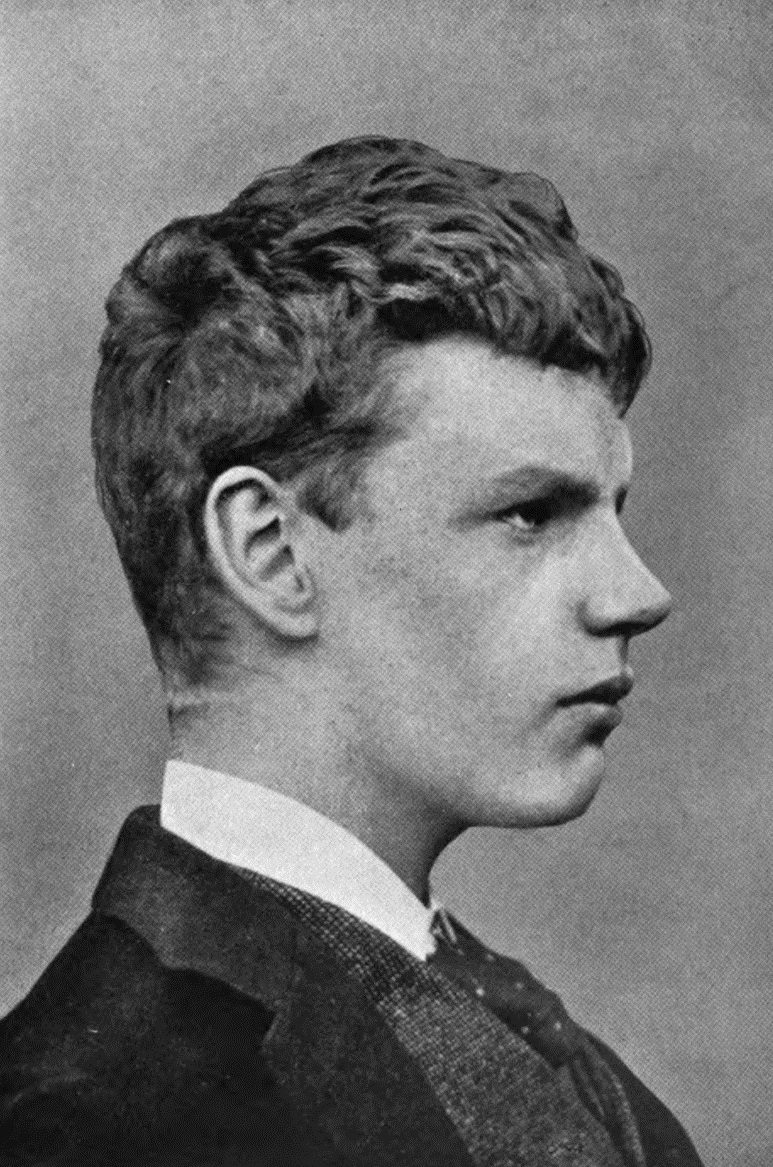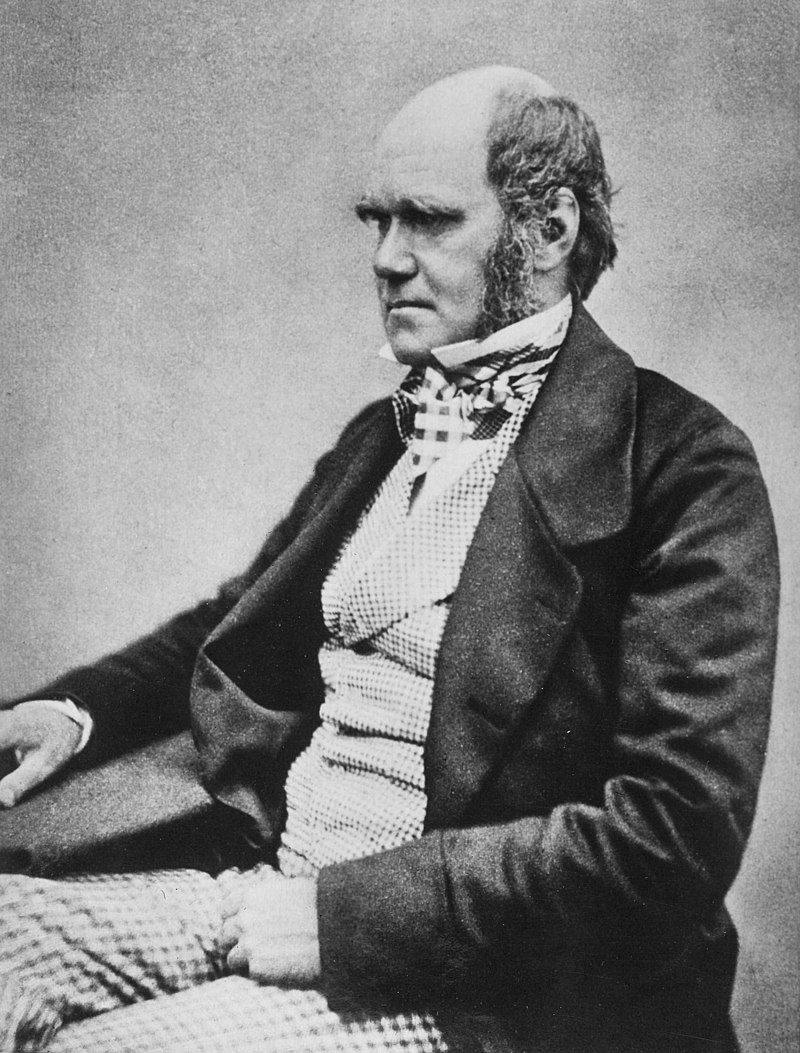David Hume
There are two main rivers in modern thought. One is the English Philosophy based on a misreading of Hume. The English Philosophy emphasizes epistemology. What's the point of having weird objects if we can't learn anything about them? The other is the European Philosophy, and is - coincidentally - based on a separate misreading of Hume. It emphasizes ontology, the question of what kinds of objects exist. Epistemology is easy - if reliable witnesses exist the whole problem is solved.
Richard Rorty
Two sub flows within these rivers are called "ordinary language philosophy" and "pragmatism".
Pragmatism is primarily concerned with the reduction of the big concepts like Truth and Justice to simpler practical and evolutionary concepts. It began, like all philosophy, with the Socratic attempt to show that a truly good man will - by divine coincidence - be satisfied, if not happy.
Richard Rorty was one of pragmatism's ablest modern adherents. Rorty holds (with men like Peirce, James and Dewey) that, to quote Peirce, "The truth is a kind of efficiency.". Rorty gathered and sharpened weapons from all over philosophy and even science to defend his vision. He is almost infamous for using humor and sarcasm (saints be) to denigrate the "bad, old philosophy" that holds that there is something like Truth or even a first person point of view.
G K Chesterton
Pragmatist philosophy is reformist and scolding. You betta get rid of dis Truth jazz or you'll tie yaself in stupid knots. Contrariwise, the philosophy of ordinary language is conservative. The philosopher of ordinary language operates on the theory that languages and linguistic communities are highly evolved things and a lone philosopher far more likely to be muddleheaded than an entire linguistic community. Such a philosopher says, with Chesterton, "Dick, my friend, it will do you no good to tell me you don't what good Truth is. Only when you can tell me you do understand, will I let you fiddle around.".
To such a person, that Rorty, Peirce, James & Dewey's theories are wrong is as plain as South Dakota. The fact is, when ordinary people use the word "true". Let me give an example.
You can hear it, right? Darth Vader clearly says "Search your heart. You know it to be true!". He is referring to an event that happened in the past, not in the future. Certainly not future efficiency. All the pragmatist theories of the truth just don't correspond to a theory of how the word truth is used. All of Rorty's irony and sarcasm can't overcome the fact that this is the concept used and no other. He may as well mock those bad, old philosophers who have only two eyes.
Rorty the reformer comes in and says "Very well, sure he thinks he used that concept. But he really shouldn't. He certainly shouldn't say 'Search your heart.'. Vader should say 'If you think I killed your father, your fascination with the Dark Side will become mysterious and difficult.'. The important thing is not that Vader fathered Luke in the past, but what that means for the future.".
Charles Darwin
This is wrong. The concept of backwards looking capital T Truth did not evolve in this way or for this reason. Languages evolve in many ways. We know, for instance, that high dimensional signals are more stable in come signalling games than simple ones. In other words, mathematics teaches us that the birds sing beautifully. That sure is kind of it.
Math teaches us more than this. We know from the detailed analysis of signalling games by people like John Maynard Smith, David Lewis and Brian Skyrms when communities evolve meaningful signalling. Truth in language is a repeatedly evolved strategy for dealing with ambiguity. An ambiguous situation for a speaker & listener pair is one with many approximately equally likely outcomes. Communication becomes meaningful because the speaker can lead or mislead the listener.
Where Rorty is right is that the concept of Truth is instantiated in the world for pragmatic, evolutionary reasons. Forward looking ones. But he blunders by saying that it is thus for true sentences - blunders into ordinary, boring error. Backwards and outwards looking Truth exists and is useful - maybe even occasionally used in situations not so important.
Why does Rorty make this mistake? One is that if he were to admit Truth he would have to admit ethics. If backwards looking Truth is so dang useful, Truth ought to be made into a habit - this is the essence of pragmatism, the reduction of things to practicality. If Truth exists, then philosophy is not just a kind of writing, but an instructive kind of writing. Philosophy should encourage us to be reliable witnesses (not necessarily perfectly reliable). Heck, one might even say that if reliable witnesses exist, then the whole problem would be solved...
This would go against Rorty's biggest conviction. Rorty was a "structuralist". His view of society was that it was like a giant building, maybe a library. Sure, sometimes a book got out of place. Maybe there are mice or cockroaches to be exterminated. But overall, society as an organic whole is organized and everything has its place. He often talked of people being "programmed by their linguistic community" to use certain sentences. This is implicit social science ... the worst kind of social science.
In reality, communities are dynamic, evolving and structurally indeterminate. Further, even if a structure is in place, that doesn't mean that it implies anything on the individual level. A particle of water wanders randomly, perhaps quickly perhaps slowly, through a stationary cloud of fog...
Nannerl, Wolfgang, Anna Maria and Leopold Mozart
The so-called 'classical' style of music was meant to emulate the perceived simplicity and grace of ancient - or 'classical' - art (that it bore no resemblance to the music of those time was just a bonus). The best practitioners, such as CPE Bach, Joseph Haydn or Wolfgang Mozart, used stereotyped finger movements and chordal patterns to build large musical pieces quickly and have them played clearly. But it does not follow that a moderate amount of knowledge of this musical language makes Mozart's music predictable. Musical language is not a simple Markov process. Musical language sits on the top of Chomsky's linguistic hierarchy. Pretending that Mozart was just pushed by this social structure or that linguistic community is pseudo-scientific if it doesn't give us good hypothesis about Mozart's music.
Once we move beyond a structural equilibrium analysis, we can see that truth in signalling games is both common and observed. Individual and their problems come back into sight. Only then is the Truth plain.





No comments:
Post a Comment